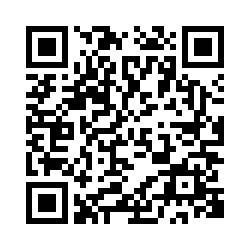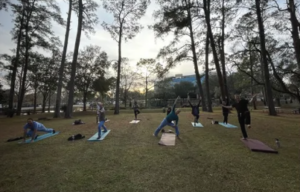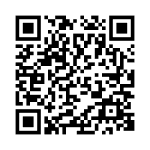The Department of Graduate Medical Education is committed to ensuring that all of our residents and fellows remain physically and mentally healthy while completing their training program. Residency and fellowship training can be an inherently stressful time, and it is important to take care of yourself so that you can get the most out of your educational experience.
The Physician Learner Wellness Program seeks to provide an array of services to increase clinician wellness and reduce burnout and distress, thereby facilitating a strong and thriving workforce. Many medical professionals experience stress under the unique demands of working in an academic medical environment. Sometimes, we can be resilient in the face of severe stress, but at other times we can become overwhelmed and may benefit from additional support. We are here to help you address any problems or concerns, personal or professional.
Trainees have several avenues in which to receive the help and resources they may need to maintain and also improve their overall well-being:
- Self-study Resources
- Counseling through the Employee Assistance Program
- Open Door Policy to speak with GME Administration
- ACGME Tool Box
Keeping tabs on your own psychological well-being is a crucial part of maintaining overall health and successfully working towards your goals, both personally and professionally. Psychological well-being is complex and fluid, and it can even shift from week to week, based on a variety of factors such as your physical health, work hours, rotation, or stress level, so it is imperative to “check in” with yourself on a regular basis.
Self-assessment surveys allow trainees to maintain an awareness of their well-being and empowering them to address any areas of concern early on. Our trainees are encouraged to periodically complete self-assessments to determine how well they are caring for themselves.
Please select a self-assessment survey to complete:
Alcohol Use
Compassion Fatigue
Depression
We encourage all of our physician learners to explore the resources listed below for the most common well-being topics faced by physician learners today. The resources provided are intended to help you combat any well-being issues you may be experiencing and to encourage and promote your overall health.
Depression
Managing Mental Health during COVID-19
Meditation, Relaxation and Exercise Apps
Employee Assistance Program (EAP)
UCF residents and fellows are able to take advantage of our new Employee Assistance Program, Health Advocate, which provides free and confidential counseling and coaching services. Through the EAP, employees are provided with experienced, professional counselors who are available to help with virtually all types of personal problems, such as financial, alcohol/drug abuse, psychological, job burnout, stress, child concerns, marital issues, and adult dependent care.
UCF makes this service available to all employees and their eligible family members, including spouses, dependent children, parents, and parents-in-law. Total confidentiality and anonymity is provided to those who call the EAP directly for consultation.
Visit www.healthadvocate.com/members for additional resources available to UCF employees through the Health Advocate EAP program or you may call 1-877-240-6863.
The ACGME’s Physician Well-Being initiative has expanded in recent years within the work of the organization and through partnerships in the medical community, with the ultimate goal of reducing burnout and helping physicians rediscover joy and meaning in work.
The ACGME recently launched AWARE, a suite of resources specifically designed for the GME community to promote well-being, mitigate the effects of stress, and prevent burnout. These include a variety of on-demand tools, such as a video skill-building workshop, podcasts, and an app.
Additional tools, resources, preventative practices and articles concerning anxiety, physician burnout, depression, self-compassion, stress and work/ life balance can be found on the ACGME wellness page.
- Your local GME Director
- HCA Florida Capital Hospital – Connie Donohoe
- HCA Florida Ft. Walton-Destin Hospital – Bernadette Golden
- HCA Florida Lake Monroe Hospital – Krystal Hernandez
- HCA Florida Osceola Hospital – Alice Gordon
- HCA Florida North Florida Hospital – Traci Bright
- HCA Florida Ocala Hospital – Keith Molinary
- HCA Florida West Hospital – Bernadette Golden
- GME Institutional Office
- Cherie Dilley (Associate GME Director) has an “open door” policy and is always ready and willing to help with resident concerns and problems. She can be reached via email at or at the UCF College of Medicine, Office 406N.
- Cheryll Albold (Division Vice President, GME, North Florida Division, HCA)
- New Innovation – You can also anonymously report a concern to the Department of Graduate Medical Education via New Innovation.
- GME Concern Card – Physician Learners can also report concerns anonymously by scanning the QR code here and located at each hospital site.

- UCF Health and Wellness
- UCF Financial Wellness
- Resident Advisory Council
- Crisis Referrals and Reference Materials
Trainee Wellness Events







